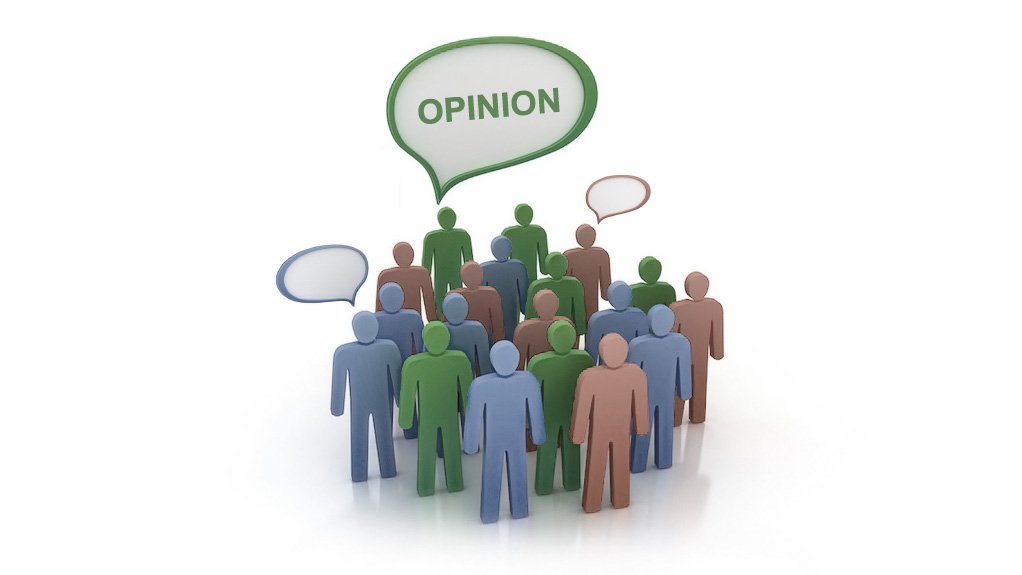1.
We are floundering.
The world as we once knew it is being ravaged by a microscopic pathogen.
These are deadly times for many, and yet as always, it is the poor and the impoverished who bear the brunt of this invisible enemy.
It has been said how the Novel Coronavirus is a great leveller. How it sees no race, no gender, no class.
But it does see class.
It does wreak it's unimaginable havoc on the poor, the destitute, the hungry, those for whom the new buzz word of social-distancing means little or nothing at all.
The dregs of society.
The unwashed masses, in the "new normal" of sanitisers and gloves and masks and soap and of water.
Yes.
Water.
The World Health Organisation (WHO) says:
"Billions of people around the world are continuing to suffer from poor access to water, sanitation and hygiene, according to a new report by UNICEF and the World Health Organization. Some 2.2 billion people around the world do not have safely managed drinking water services, 4.2 billion people do not have safely managed sanitation services, and 3 billion lack basic handwashing facilities".
Yes.
Water.
The billions of our fellow human beings who are at most risk of the Novel Coronavirus are those who live in the "developing" world.
These are countries who have been ravaged not just by misrule, but by the incessant oppression of their peoples and the plunder of their bountiful resources by the North.
The Uranium of Namibia, the Coltan of the Congo, the oil of Venezuela, the the $1 a day - young women mostly - who stitch together designer label haute couture for the rest of us.
Yes.
Us.
We are those who don the garb of luxury, as well as the t-shirts that seem insanely cheap.
Yes.
They are cheap because they are manufactured in the East and the South where scores of workers, and again always mostly women or young girls, sweat it out for obscene lengths of time, and for a pittance, and of course with no "social-distancing", even as the rest of us shy away from family and friends.
These are some of the billions of fellow human beings with whom we inhabit this earth.
The "lucky to at least have a job" folks.
Where are the sanitisers, the gloves, the masks, the keeping of a safe distance between these human beings who stitch our daily wear.
There aren't.
Why should they be afforded the same Personal Protective Equipment we demand in our various lands.
This is the grotesque face of the politics amd economics of Covid-19.
This is the ugliness on display for all of us to see.
But not to unite as a collective and to demand in this most perilous of times the rights and the most basic health and sanitised protection for these - the forgotten, would be an abrogation of our very humanity.
"Flattening the curve", we are told will be excellent for us in our different countries, and yet for the billions of souls who slave away in every industry imaginable, there exists no "curve".
They are dispensable.
"oh there are tens of people just wanting their jobs", we are told.
Yes, this is true.
Yes, it is the knotted thread of the vestiges of colonialism and imperialism and economic subjugation.
2.
So, where do we go from here, largely depending on how many of "us" make it out alive.
We must take this dreadful and most vicious of times to reflect, yes, and to argue, yes too, but above all, to unite in a way that only something as virulent of a plague that Covid-19 is to rally and to speak up and to apply pressure on all our governments to live up to what they keep telling us:
That this is the "new normal".
There cannot be the pre-Covid-19 business-as-usual model, be it financially and entrepreneurially and societally.
There will be a "new normal".
And this is where that sliver of a window of opportunity opens for us to take back all that has been taken from us all.
Dignity.
Wage protection.
Socialisation of all the basics human beings need.
Yes, the Novel Coronavirus is yet to rip through our world, cleaving its insidious scimitar into many more lives and families and societies and nations.
But, this could also be that moment, that comes rarely in history when we, the collective, the people united, the ones whom future generations will look back on and either ask -
"did they never learn?".
Or,
"they did learn".
And by learning,
by forging the links of internationalist solidarity,
by reclaiming our commons,
by taking this horrific plague to reaffirm that we are all one people,
and by most importantly, taking the reins of humanity back from the 10% and by somehow, as a work-in-progress, with failures and mistakes being made along that long road ahead of of us,
to retake that which has been stripped off us - human dignity.
And maybe then, and only then, may generations yet to come see us for what we were capable of doing, and of what we achieved in the post Covid-19 world:
A true coming together as a collective.
A true exemplification of the ancient humanist South African philosophy of "uBuntu" - I am because we are.
A philosophy that must flow in our veins now more than ever, that all human beings are intrinsically bound by a common humanity.
We may not succeed.
But we, at the very least, must try.
Afzal Moolla was born in Delhi, India while his parents were in exile, working as political exiles against Apartheid in South Africa. He then travelled wherever his parent’s work took them, spending time in Egypt, Finland, and Iran. Afzal works and lives in Johannesburg, South Africa.
This piece was first published on Afzal Moolla's personal blog.
EMAIL THIS ARTICLE SAVE THIS ARTICLE ARTICLE ENQUIRY
To subscribe email subscriptions@creamermedia.co.za or click here
To advertise email advertising@creamermedia.co.za or click here











